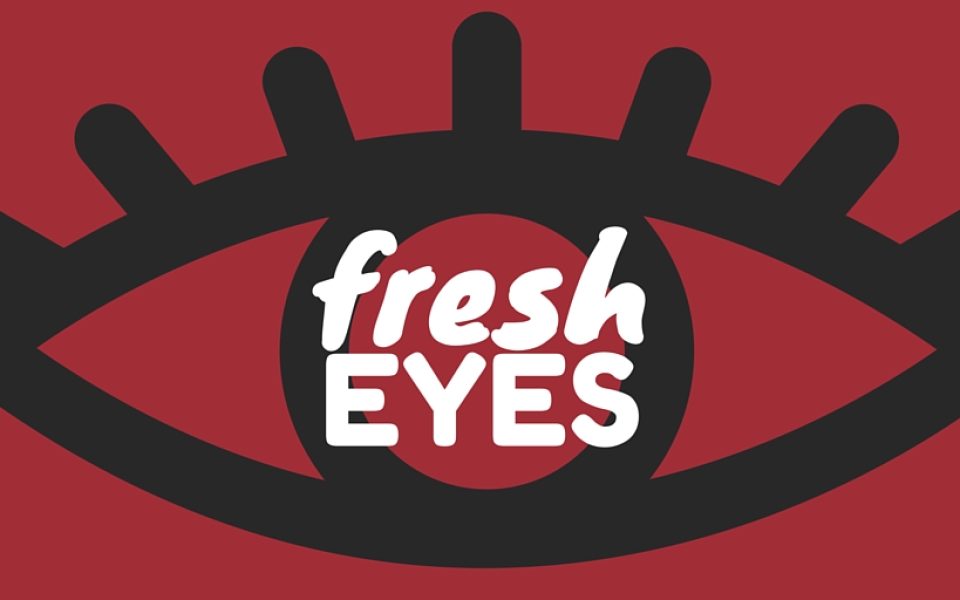 by Tilly Gokbukdak
by Tilly Gokbukdak
For better or for worse, I am a Turkish-American. I was born in 1970. Like most Generation X kids, I watched “Scooby Doo” and “Happy Days” as a child, then listened to the Cure and REM in high school. Virtually all those years were spent in Roanoke, Va., my hometown, where I have resided again since 2013 after spending seven years in Reidsville. But the two years our family spent in Turkey from 1977 to 79, followed four years later by my father Mehmet Gokbudak’s untimely death at age 62 on March 4, 1983, my 13th birthday, had a major impact on my life.
Generally, I don’t like to use the F-word while writing. But, my usual answer to the question many people in America ask me about the near coup in Turkey has simply been: “I don’t really f***ing know what happened in Turkey.” It seems convenient. And, for the most part, it is an honest statement. However, most people in Turkey somehow didn’t sense what I knew to be a virtual certainty. Within the last five years, I felt a military coup was absolutely going to happen.
President Recep Tayyip Erdogan is an oxymoron. Some have said he is a democratically elected ruler. Others have claimed he is an authoritarian. They are actually both right as Erdogan is democratically elected and Orwellian in his rule. One of the methods to Erdogan’s madness is that after his Islamic conservative AK-Party lost its majority in the Turkish Parliament, the three main opposition parties that gained power in Ankara, the capital, were unable to form an alliance. It was expected that the other major right-wing party, the MHP, would be not be able to collaborate with the center-left CHP nor the progressive Kurdish party the HDP (not to be confused with the PKK, a violent Kurdish separatist movement). But the CHP and the HDP were not able to find unity to override the right. A controversial second round of elections was ordered. Erdogan’s AK-Party got enough votes from conservative Kurds in eastern provinces like Diyarbakir and Van to take full control of parliament again.
In the aftermath of those elections, Erdogan further suppressed his opponents both right and left, secular and Muslim. Three years ago, he had a major falling out with Fethullah Gulen, an Islamic scholar-activist who strangely enough has lived in Pennsylvania for years. Gulen, a man who also manages a large charter-school chain in America, was a former political ally to Erdogan. With an intense rivalry in place, Erdogan went after Gulen’s Zaman newspaper, a conservative media outlet that also publishes an English-language edition called Today’s Zaman. Additionally, Erdogan wanted to crack down on liberal and left-wing journalists in Turkey. Even before the near coup, Erdogan’s yes men went after the liberal Cumhuriyet newspaper, and now there is a full purge aimed not only against Zaman and Cumhuriyet but even Hurriyet, a respected and popular newspaper.
Today, one can Google the phrase “Turkey protests” and see loads of photographs of people waving Turkish flags in a full display of rampant patriotism in front of statues of Ataturk at Taksim Square in Istanbul. Those scenes might suggest a unified nation, but they don’t reflect how many of us secular progressives of Turkish heritage living outside the country see things.
Erdogan has suggested that the near coup was orchestrated by Gulen’s allies in the military, and there is evidence that there are aspects of truth to these accusations. On July 15, the night of the near coup, rebel soldiers in the Turkish military blocked traffic access to the Bosporus bridges in Istanbul, overtook the government-run Turkish Radio Television building in Ankara and raided a hotel in the resort of Marmaris where Erdogan was staying during his vacation. But Erdogan was able to avoid capture and post a FaceTime message calling for his supporters to take to the street. The police were allied with Erdogan and ultimately there were not enough rebel soldiers to pull off a successful coup. It didn’t hurt that Erdogan supporters rioted throughout every major city in Turkey.
On the night of July 17, some 48 hours after the coup, I was interviewed by the BBC World Service. As surreal as the near coup had been, it was even stranger to try to speak for those of us Turkish-Americans caught in the Catch-22 of opposing Erdogan, while not supporting a military coup which would have likely taken Turkey down into the same dark tunnel of the 1980 coup.
I am now concluding that Erdogan could only be removed by force, but as was the case in Iran in 1979, his replacement could actually somehow be even worse. My own contradictions are ones that bedevil many Turkish people around the world, even those who strongly differ with me and support Erdogan. And I think influential people who share my views in Turkey are as unable to resolve this mess as much as I am. The only thing one can accurately predict is that the tourism sector in neighboring Greece — a country also affected by domestic turmoil in recent years — will likely get many of the visitors who were originally planning to travel to Turkey.
I hope they have a nice vacation.
Tilly Gokbudak is a former newspaper reporter who won six Virginia Press Association awards in his career. His Twitter handle is @Tilly70.
Join the First Amendment Society, a membership that goes directly to funding TCB‘s newsroom.
We believe that reporting can save the world.
The TCB First Amendment Society recognizes the vital role of a free, unfettered press with a bundling of local experiences designed to build community, and unique engagements with our newsroom that will help you understand, and shape, local journalism’s critical role in uplifting the people in our cities.
All revenue goes directly into the newsroom as reporters’ salaries and freelance commissions.


Leave a Reply